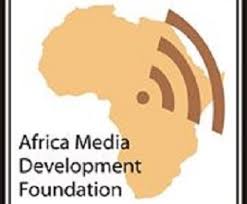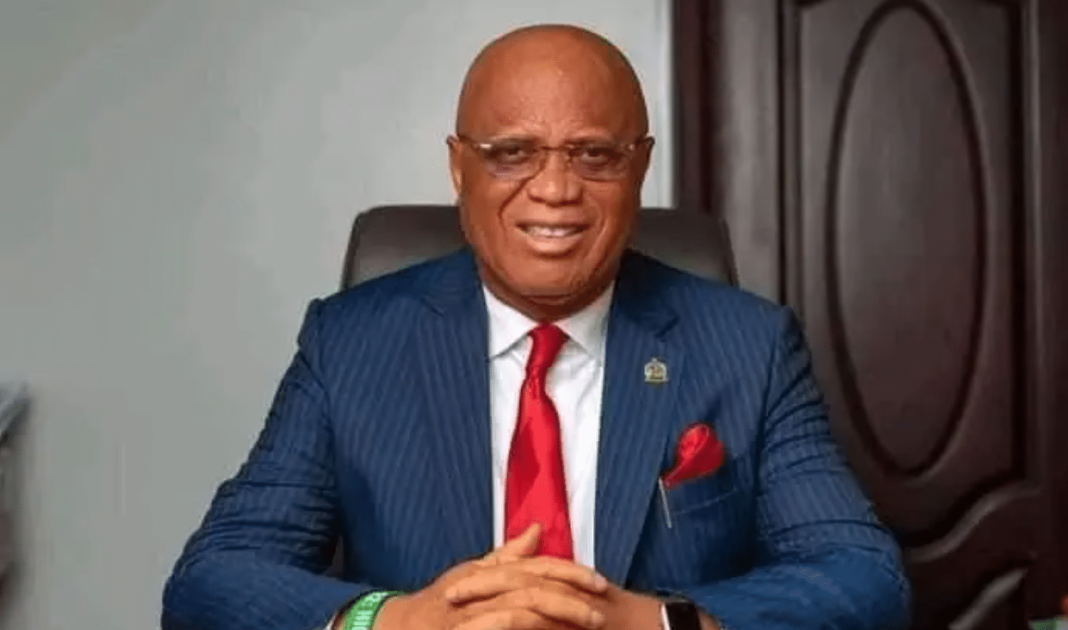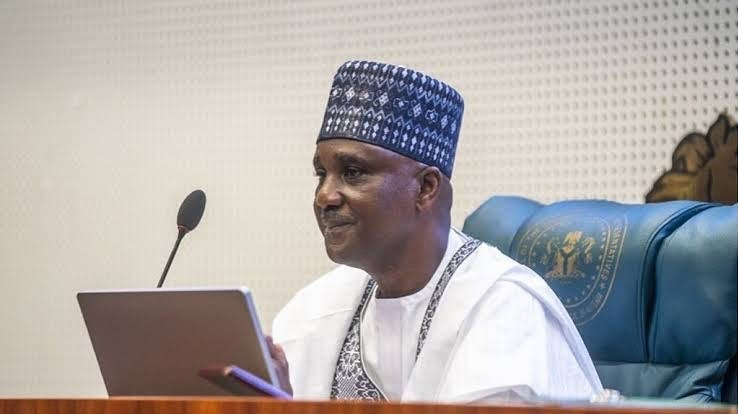By Achadu Gabriel, Kaduna
The African Media Development Foundation (AMDF) has proposed several measures to strengthen press freedom, protect journalists, and support the media industry in Africa. These recommendations were outlined in a communique issued at the conclusion of the 6th Bagauda Kaltho Media Lecture Series, held on Thursday, September 19, 2024. The event, themed “Censorship and State Control: Analysis of Countries with Severe Press Freedom Restriction,” focused on the challenges facing journalists and press freedom in Africa.
The lecture series, organized annually by AMDF, honors the memory of Mr. James Bagauda Kaltho, a courageous Nigerian investigative journalist who disappeared in 1996 while performing his professional duties. The communique was signed by Kouam Joel Honore, Africa News Correspondent from Cameroon; Mohamed Mohamud Abdi, Manager of Somali Light TV; and Sekyen Dadik, Executive Director of AMDF, Kaduna, Nigeria.
Key Recommendations for Strengthening Press Freedom
1. Collaboration and Advocacy
Participants recommended stronger collaboration between civil society organizations (CSOs), non-governmental organizations (NGOs), journalists, and media organizations to advocate for press freedom, monitor violations, and raise public awareness about the significance of a free press.
2. Legal Support for Journalists:
It was advised that legal support be provided by engaging senior advocates on a pro-bono basis to defend African journalists facing threats in the course of their duties. This measure aims to counter the abuses of power by authorities.
3. Press-Friendly Legislation:
The communique urged media professionals to identify and work with legislators who support pro-democracy and pro-press laws to promote policies that protect press freedom.
4. Journalist Safety Nets:
NGOs and media development organizations were called upon to establish safety nets for journalists, including emergency funds and psychological counseling, to support those facing threats, harassment, or imprisonment for their work. Insurance coverage and digital security training for journalists in high-risk environments were also recommended to enhance safety.
5. Justice for Slain Journalists:
The communique called for relief for the families of slain journalists to strengthen press freedom in Nigeria. Participants urged the Attorney General of the Federation, Lateef Fagbemi (SAN), to act on the February 16, 2024, judgment of the Federal High Court in Abuja, which directed the reopening of investigations into the killings of journalists, including James Bagauda Kaltho.
6. Legal Reforms:
African governments were encouraged to review and amend restrictive press laws, such as defamation laws, anti-terrorism legislation, and media regulations. These reforms should aim to decriminalize journalism, safeguard journalists’ rights, and promote freedom of expression.
7. Protection of Journalists:
Authorities were urged to take concrete steps to protect journalists from harassment, intimidation, violence, and arrest. Recommendations included creating mechanisms for reporting threats, providing security training for journalists, and holding perpetrators of attacks on journalists accountable.
8. Media Pluralism:
The communique emphasized the importance of promoting a diverse and independent media landscape. Governments were encouraged to support independent media outlets, ensure fair access to information, and foster competition among media organizations.
9. Transparency and Accountability:
Governments were called upon to promote transparency and accountability in governance, enabling journalists to report on public interest issues without fear of reprisal. This includes protecting whistle-blowers and ensuring access to government information.
10. International Solidarity:
The international community, including regional bodies and foreign governments, was urged to support press freedom in African countries through diplomatic pressure, capacity-building initiatives, and funding for media development projects.
11. Media Literacy:
The communique also highlighted the importance of promoting media literacy to combat disinformation and propaganda, empowering citizens to critically evaluate news sources, and supporting independent journalism. Media ethics education was also recommended to foster a more informed and engaged society.
Lecture and Awards
Earlier, a virtual lecture titled “Censorship and State Control: Press Freedom is Severely Restricted” was delivered by Dr. Samson Omosotomhe of the Department of Mass Communication, Ambrose Alli University, Ekpoma, Edo State, Nigeria. The lecture attracted participants from across Africa, including media professionals, academics, and CSO representatives.
During the event, awards were presented to journalists who made outstanding contributions to the profession across the continent, further honoring the memory of James Bagauda Kaltho.





